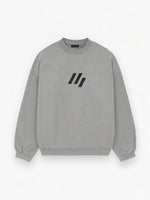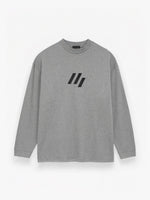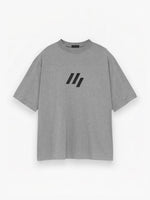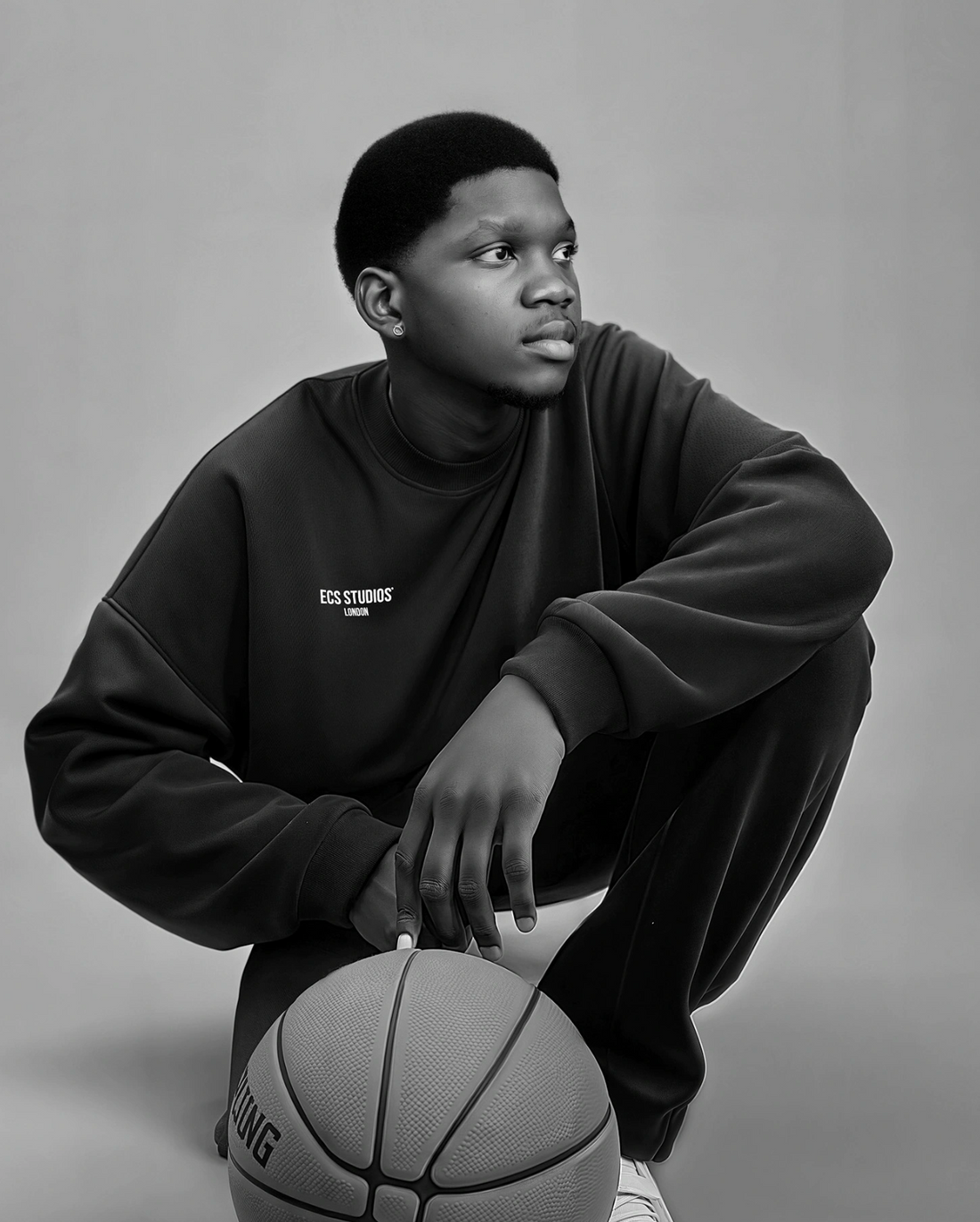How an Engineering Background and Environmental Concerns Shaped Fashion's Most Forward-Thinking Brand
In an industry built on persona and public presence, Leo Kim remains deliberately enigmatic. The founder and creative director of ECS Studios has given fewer than ten interviews since launching his influential label in 2018, preferring to let his meticulously engineered garments speak for themselves. But in a rare conversation at his minimal Tokyo studio, Kim offers insight into the philosophy driving one of fashion's most innovative brands.
THE ORIGINS
Unlike most fashion success stories, Sumner's path to founding ECS Studios didn't involve design school or fashion industry apprenticeships. With degrees in material science and environmental engineering, he spent his early career developing technical textiles for medical applications and extreme environment gear before growing frustrated with the industry's incremental approach to innovation.

What began as personal experiments in garment construction quickly evolved into a systematic approach to reinventing everyday clothing. The name itself – derived from "Engineered Clothing Systems" – reflects Sumner's analytical approach to fashion as a functional problem to be solved rather than merely an aesthetic pursuit.
"I had no interest in creating another fashion brand that simply reflected current cultural aesthetics," Sumner explains, adjusting a prototype on a nearby workbench. "The question that drives us is more fundamental: how can clothing better serve human needs while reducing environmental impact? Everything else – silhouette, color, texture – emerges from solving that central problem. We see beauty as a byproduct of functionality and ethical production, not as the primary goal."
THE MISSION
Sumner articulates three core principles that guide ECS Studios: material innovation, adaptive functionality, and transparent production. Where most brands would position these as marketing points, for Sumner they represent a comprehensive philosophy about clothing's role in confronting environmental challenges and enhancing human experience.

This philosophy manifests in the brand's unusual approach to releases – eschewing seasonal collections for problem-specific systems and incorporating customer feedback into iterative improvements of core designs. Most radical is the company's commitment to longevity, with garments designed for repair, adaptation, and eventual biodegradation or recycling.
THE FUTURE
As ECS Studios enters its seventh year, Sumner remains resistant to the industry's pressure to expand rapidly or diversify into lifestyle products. Instead, he describes a vision of "measured growth" focused on deepening technical capabilities and material research rather than market penetration.
The brand's most ambitious initiative is its Material Futures Lab – a research facility dedicated to developing next-generation sustainable textiles. Combining traditional craft techniques with advanced manufacturing, the lab has already produced several breakthrough materials, including a water-resistant fabric made from agricultural waste and a temperature-regulating textile that adapts to body heat without electronic components.
These innovations reflect Sumner's conviction that fashion's greatest potential lies not in aesthetic trends but in addressing fundamental human needs through advanced engineering and ecological awareness. In an industry often driven by personality and spectacle, Sumner offers a different model of creative leadership – one based on problem-solving, material science, and ethical consideration.

Despite growing industry recognition, Sumner maintains that ECS Studios' work has only begun. "We're still in the earliest stages of reimagining what clothing can be," he notes before returning to a fabric sample awaiting his attention. "The real breakthroughs are still ahead of us."
ECS Studios' latest systems are available through direct retail at select locations in Tokyo, London, and New York, with global distribution through ecsstudios.com.






